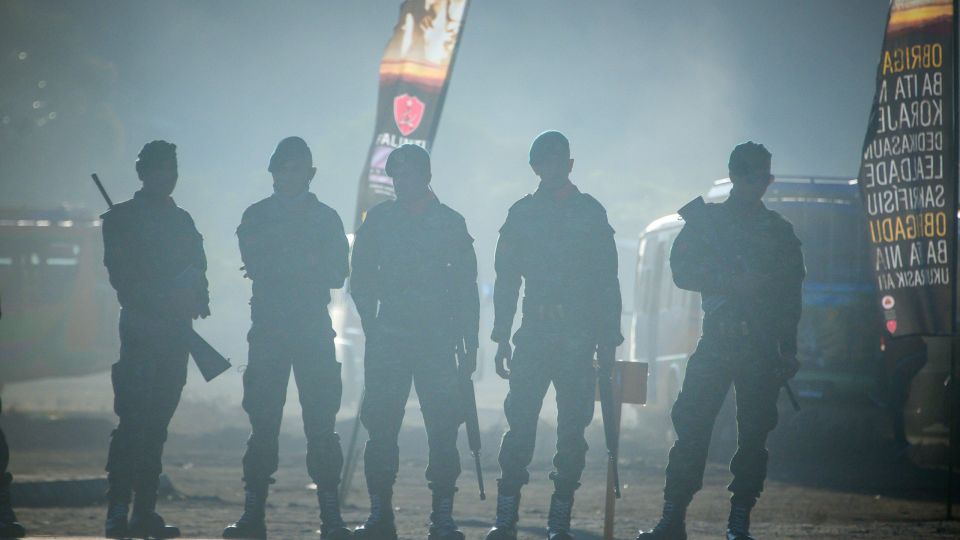March 26, 2018
Southeast Asia’s newest country has made significant strides in its short history but acceptance by its neighbours remain fleeting.
Rated the most democratic nation in South East Asia according to the Economist Intelligence Unit’s Democracy Index in 2016, the small and sparsely populated nation of East Timor, also known as Timor Leste has made great strides forward in recent years – progress made all the more impressive given its turbulent past.
Bordered by Indonesian West Timor and Australia, the state has changed hands several times. It was colonised by the Portuguese in the sixteenth century and remained under their rule until the second World War. When the Japanese in invaded in 1942, East Timorese aided allied guerrilla forces at great cost, leading to the deaths of up to 66,000 locals.
Portuguese rule was reinstated after the war, but in 1974, the country’s dictatorship was overthrown in a coup which ultimately led to decolonisation under the new government. The Revolutionary Front for an Independent East Timor (Fretilin) declared the former colony independent following a brief civil war, but state’s newfound freedom was short-lived.
Just nine days later, Indonesian forces invaded East Timor, marking the start of another brutal period of occupation during which an estimated 200,000 people died. In 1999, the United Nations endorsed an agreement between Portugal and Indonesia allowing Timorese to vote for either autonomy within Indonesia or for independence. The overwhelming vote in favour of independence was met with another round of violence during which a further 1,000 people are believed to have lost their lives. With the help of the UN, the country finally attained independence in May 2002, making it one of the world’s youngest nations.
Since then, the fledgling nation has fought hard to carve out its place in the world. According to the World Bank, the country has greatly reduced infant and child mortality rates and has made significant gains in health and education. Though poverty rates remain high, it succeeded in achieving lower-middle income status in 2011, thanks to high global prices for oil, on which its economy is heavily dependent.
In terms of government, the nation may even serve as a model for its older, Southeast Asian neighbours, as Curtis Chin suggests in his article for The Jakarta Post. In the years since it gained independence, East Timor has managed to establish a well-functioning democracy – so well- functioning, in fact, that the country was ranked in the Economist Intelligence Unit’s 2016 Democracy Index as the most democratic in Southeast Asia.
Still, the nation has its eyes on one prize which it has yet to attain: becoming the 11th member of the Association of South East Asian Nations (ASEAN). As Bec Strating outlines in an article for The Interpreter, the country’s motivations for joining ASEAN range from security and geopolitical interests to developing its economy. In addition, ASEAN’s commitment to upholding the rights of its member states to political independence, territorial integrity and self-determination, as well as non-interference in domestic affairs may make it an attractive option for the small former colony.
Timor Leste expressed an interest in joining the regional grouping shortly after it gained independence. The nation formally made a request for membership in March 2011, and has enthusiastically pursued its goal, even hosting the ASEAN People’s Forum (APF) in 2016. But seven years down the line, full membership to the bloc eludes it.
Some member states, including the Philippines, Cambodia and Thailand support Timor Leste’s application. Even Indonesia, who initially opposed its membership, has since strongly supported Timor Leste’s application.
However, other members of the grouping have raised concerns about granting Timor Leste membership, stating that the young nation is not developed enough to fulfil its obligations as a member of ASEAN.


